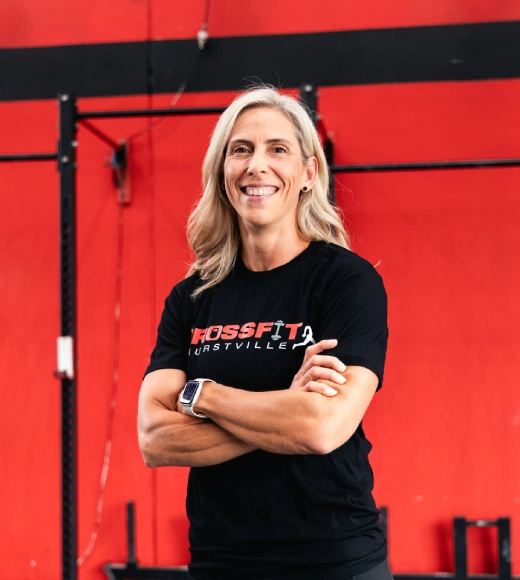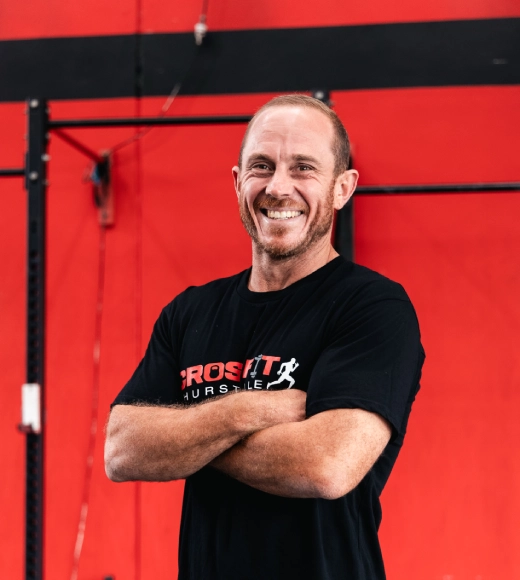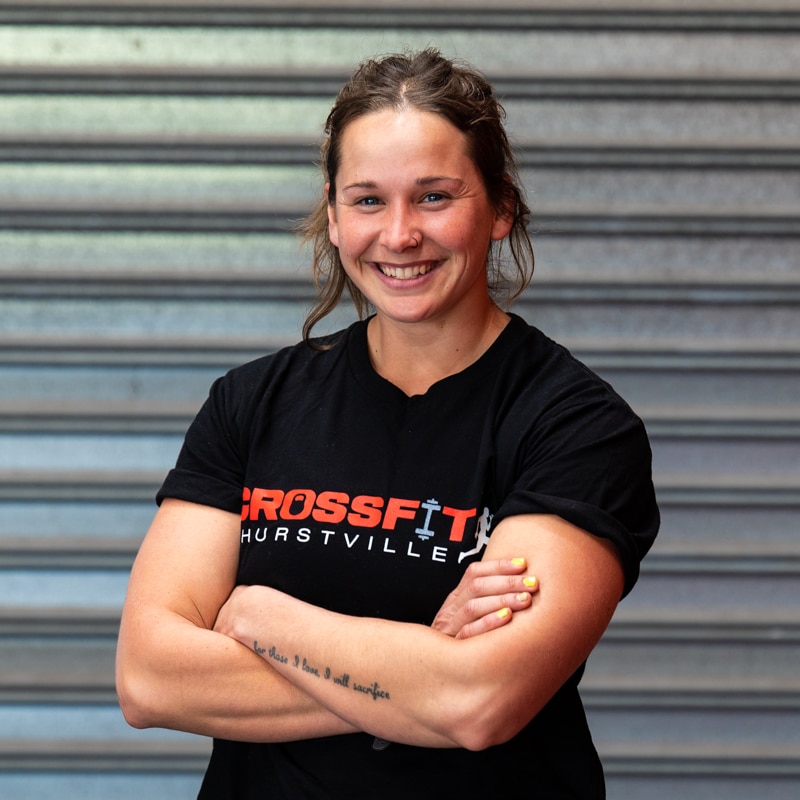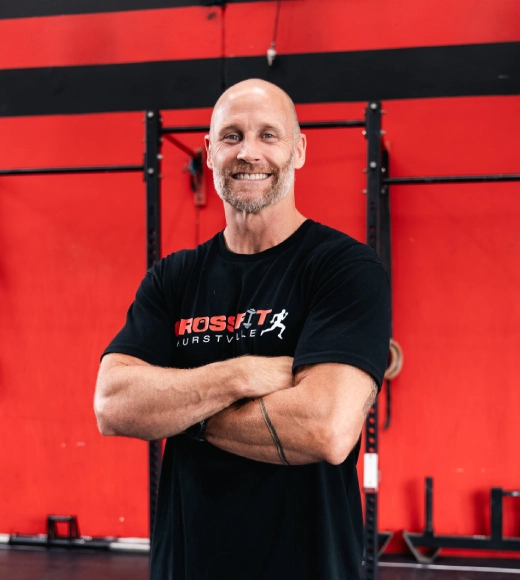Self-regulation is a high level skill.
We are often quick to forget this as coaches. We offer generic advice in the brief: “pace yourself”, “ease into this” or “stick to your plan”. This is only effective if we assume everyone knows what this means. This is not always the case.
We are also under no illusions that as the clock begins to count down, this well intentioned advice is thrown out. As an athlete, I am guilty of this. I am sure you are too.
This was made clear to me last week, training beside two seasoned athletes. Prior to commencing, I looked up at the board and began to hatch a plan for the next 17 minutes: 2 sets of everything, keep accountable to a rest period. This is what I decided on.
As the workout began, I was the first to place the kettlebells down to rest – as per the plan. At the same time, I risked a peek around the room; everyone had begun their transition to the next movement while I still had 7 reps to complete.
By the third movement and approximately 4 minutes into the workout, I scraped my plan – screw practice; I’m here to compete. This is when things started to break down. 2 sets became 3, I started failing reps and my rest periods became longer and longer. So much for holding myself accountable…
17 minutes signals the end of the AMRAP. I’m tired and humbled. In forgoing the plan I had a fun workout, but I had effectively failed to self-regulate. Ultimately this hindered my capacity to work, and achieve the appropriate stimulus.
Training in groups has massive benefits. Many cite the motivation and the push they get from doing so. And while, most of the time, these external forces can be utilised positively, we must also understand that in those who are unable to self-regulate, this may become a problem; a detriment to our practice that eventually leads to stalled progress.
Self-regulation is a skill that the best athletes possess. They show up day in and day out; check in with themselves and do the work that is necessary to keep the needle moving forward. Sometimes plans are scraped – if the athlete does not feel up to the required work – and instead they train smarter. Sometimes they make a plan prior to the hit of adrenaline and rush of endorphins. This keeps them accountable to their practice. This keeps them progressing.
Sometimes the work is mundane and repetitive. Sometimes it is boring. Most days are not for competing and winning. But this is what is necessary. This is self-regulation: understanding what one needs to progress and executing.
An adequate knowledge and understanding of yourself is a prerequisite to this. It is context dependent: How do you handle endurance work? Where does your body break down during weightlifting? What’s limiting your capacity to perform pull-ups consistently?
If you go into your practice with these questions, you can begin to cultivate objective data points which provide the roadmap for improving your practice. You then make an assessment on the day, create a plan and regulate yourself accordingly throughout.
This is a high level skill but it doesn’t mean you shouldn’t be doing it. Rather, it is something you should be constantly practicing.
__________













